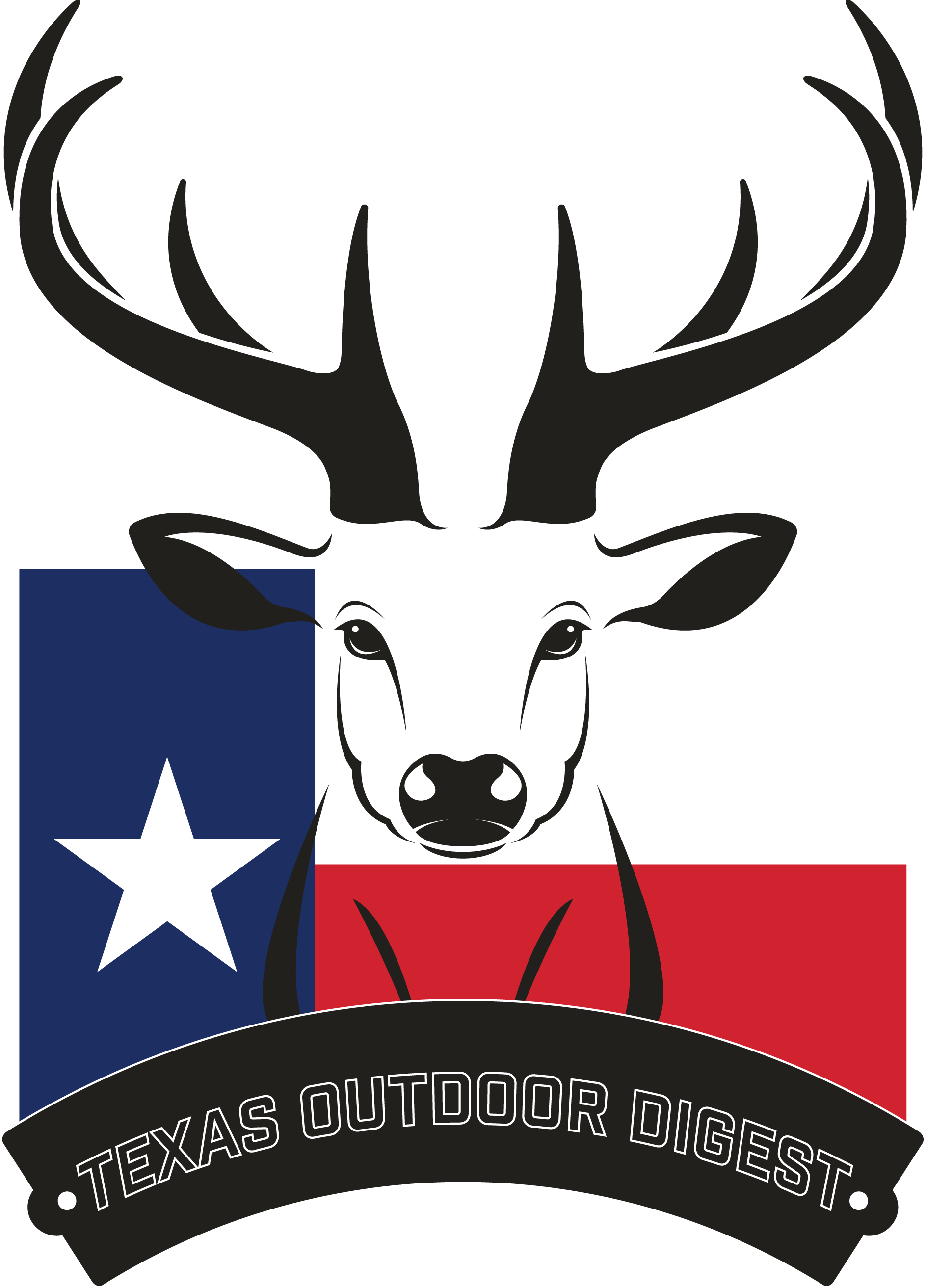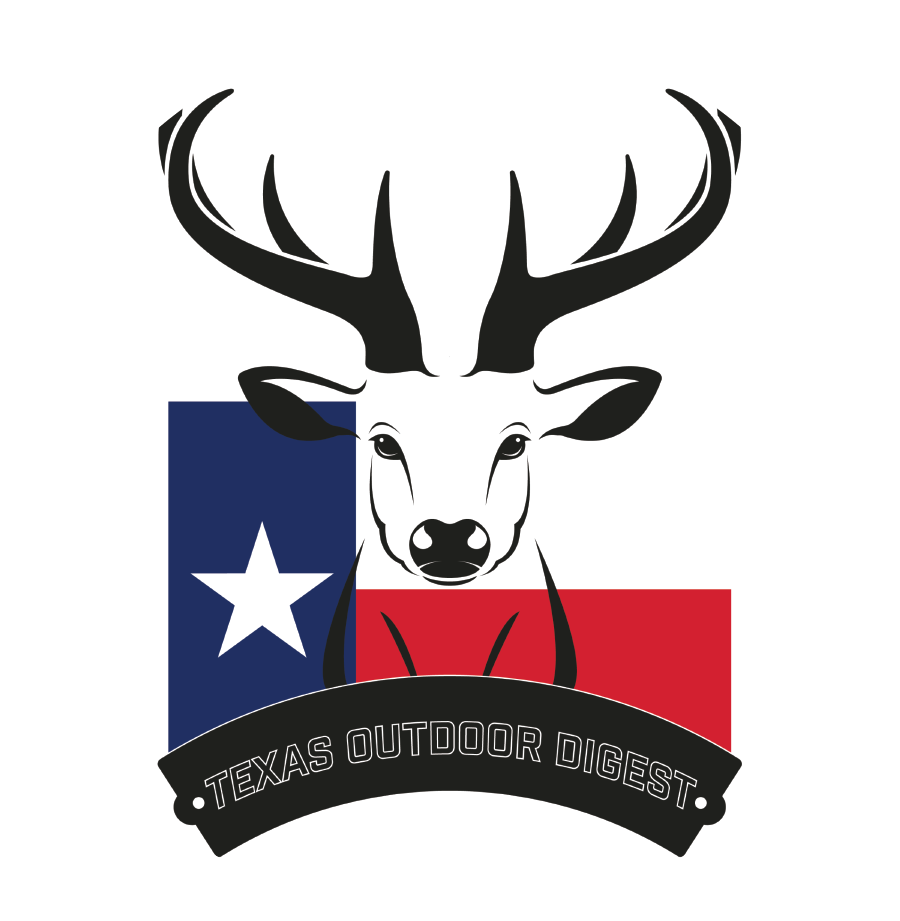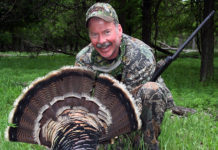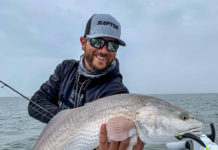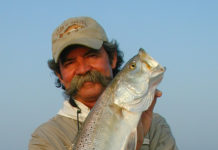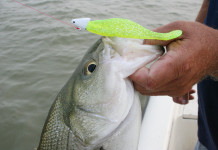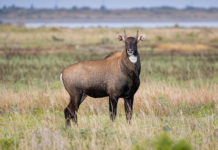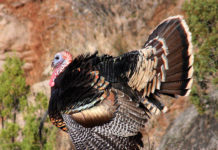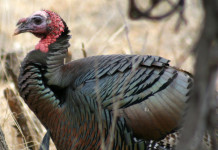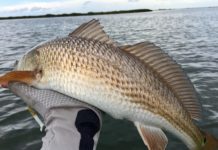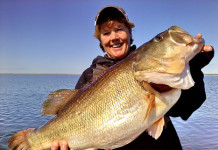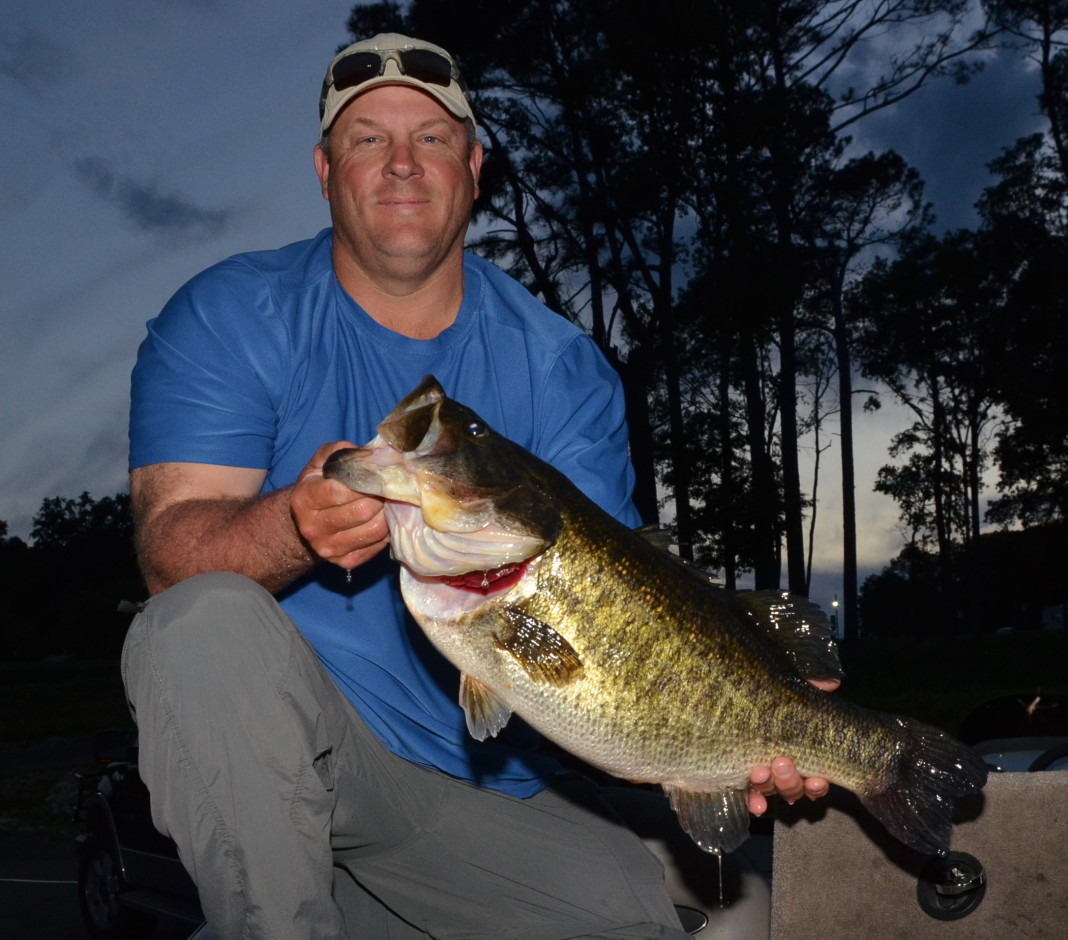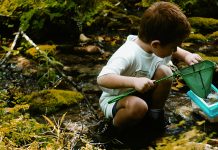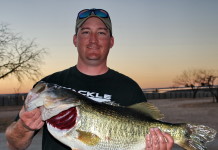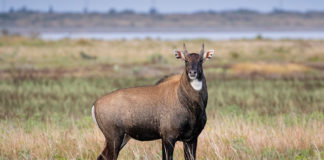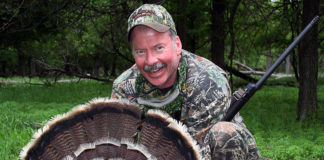Allen Lane Kruse, of Nacogdoches, caught the fish of a lifetime April 13 from Lake Naconiche, a new impoundment near the East Texas city.
The 12.54-pound largemouth bass was submitted as a water body and catch-and-release record for the lake. However, this isn’t just any big fish tale.
After testing, it was discovered that Kruse’s bass is the offspring of ShareLunker 370, which spawned at the Texas Freshwater Fisheries Center in Athens. That female bass, which weighed 14.28 pounds, was caught by Jerry Campos on Dec. 4, 2004, at Falcon International Reservoir.
“This is the perfect example of why the ShareLunker program was established,” said Allen Forshage, director of TFFC, in a news release. “It’s called ShareLunker because the program gives anglers the opportunity to share their catch with others. Fingerlings from ShareLunkers that spawned have been stocked into more than 60 reservoirs across Texas.”
The father of the Lake Naconiche fish has deep roots in the ShareLunker program as well. Genetic data showed its mother is ShareLunker 305 (caught by Nathan Strickland from Lake Fork in 2000), and pedigree data showed its grandmother is ShareLunker 184 (caught by Richard Crow from Lake Fork in 1994), and its great-grandmother is ShareLunker 9 (caught by Troy Johnson from Gibbons Creek in 1988), according to the release.
ShareLunker 370 produced 12,699 fingerlings, some of which were held at TFFC as possible future broodfish. The Kruse fish was one of 173 adult ShareLunker offspring that were released into Lake Naconiche in 2009 along with 95,389 ShareLunker fingerlings. The adult fish are now 8 years old and are on the threshold of being old enough to attain the 13-pound size necessary to be entered into the ShareLunker program.
While the paternal lineage leading to the Kruse fish was composed solely of non-introgressed Florida largemouth bass, the maternal lineage was introgressed with northern largemouth bass alleles, according to the release. Typically, ShareLunkers that are pure Florida largemouth bass are preferentially spawned in the ShareLunker program given their greater likelihood of reaching large sizes (more than 15 times as likely as a hybrid to reach 13 pounds). However, exceptions are made and this was the offspring of one of those exceptions.
“The reason the offspring of a non-introgressed ShareLunker are more likely to reach 13 pounds is because of the way genetic variation underlying quantitative phenotypes like size is transmitted to the offspring. The genetic components of size can be broken down into additive, epistatic and dominance effects. Hybrids are more likely to have unique epistatic and dominance configurations that contribute to their large size, but only the additive component is passed on to the offspring,” said Dijar Lutz-Carrillo, the TPWD geneticist who performed the DNA analysis, in the release. “You can see the results of this in our reservoirs. For instance, in Lake Fork less than 1 percent of the general population is made up of Florida largemouth bass, but that 1 percent of the population contributes 30 to 40 percent of the ShareLunkers that are caught there. The remaining 99 percent of the population (the hybrids) produce the rest.”
Another big ShareLunker fish tale
Lightning struck for the third time in 2007 as Lubbock resident Phillip Pool was fishing a swim bait in 6 feet of water April 18 at Lake Alan Henry.
Pool hooked and landed a rare catch for most anglers, a 13.2-pound largemouth bass, which he entered into the ShareLunker program. What made the catch a one-of-a-kind haul is the fish was entered into the program before — twice in fact.
The lunker, which became ShareLunker No. 439, also was Nos. 389 and 423, and was the first fish entered three times into the program.
When former ShareLunker manager David Campbell scanned the fish, it came back positive for an ID chip that Campbell had given the bass when it was first entered.
Jimmy McMahon, of Big Spring, first caught the fish April 14, 2005. Lubbock resident Curtis Norrod also landed it April 24, 2006. Each returned the bass to Alan Henry after the spawning process had been completed at the Texas Freshwater Fisheries Center in Athens.
